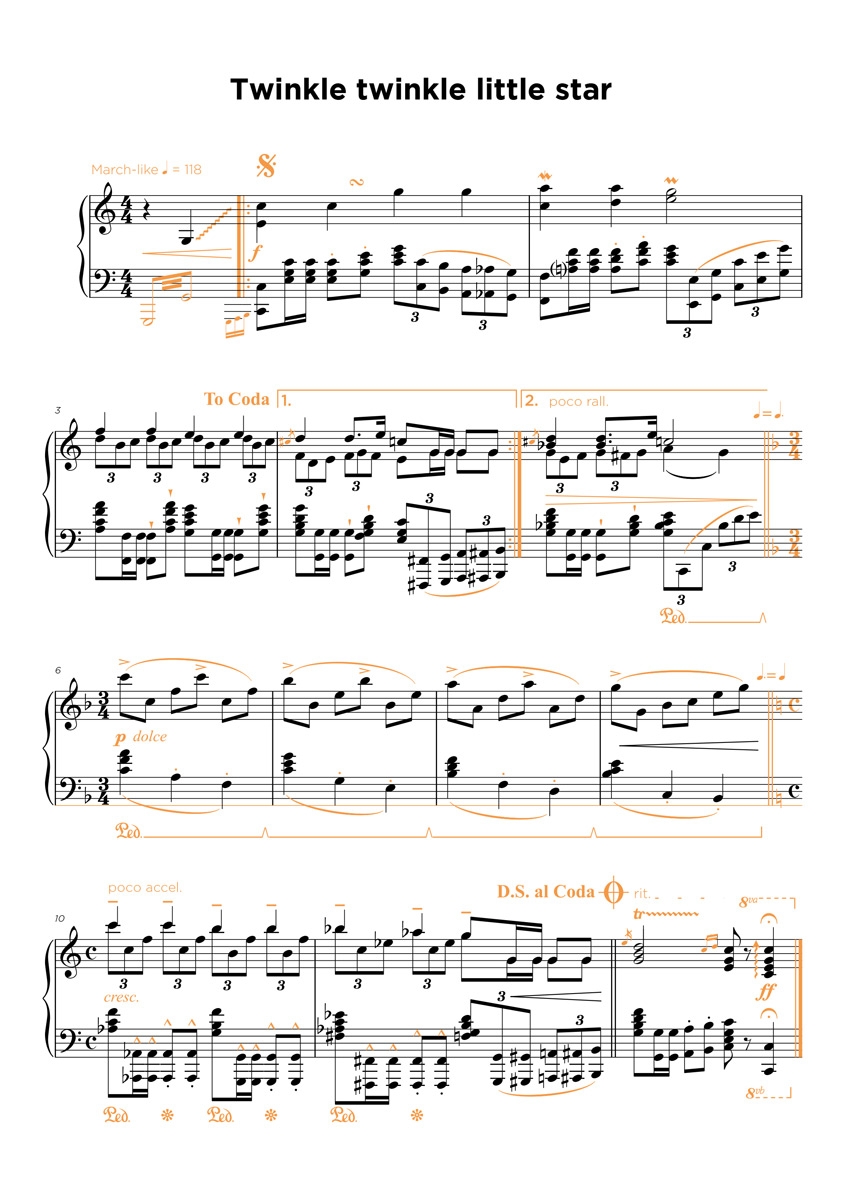Music is a universal language that can evoke a wide range of emotions and feelings. To fully appreciate and understand music, it is important to familiarize yourself with the various music terminologies that are commonly used in the industry.
Whether you are a musician, music enthusiast, or simply someone who enjoys listening to music, knowing these terms can enhance your overall experience and appreciation for different genres and styles of music.
Music Terminology Examples
1. Tempo – Tempo refers to the speed at which a piece of music is played. It is usually indicated at the beginning of a musical score with terms such as “Allegro” (fast), “Adagio” (slow), or “Moderato” (moderate).
2. Dynamics – Dynamics in music refer to the volume or intensity of a musical performance. Terms such as “piano” (soft) and “forte” (loud) are used to indicate how loud or soft a passage should be played.
3. Melody – The melody is the main theme or tune of a piece of music that is often sung or played by the lead instrument or vocalist. It is the part of the music that is most memorable and catchy to the listener.
4. Harmony – Harmony refers to the combination of different musical notes played together to create a pleasing sound. It is the layering of chords and accompaniment that complement the melody of a song.
5. Rhythm – Rhythm is the pattern of beats and accents in music that create a sense of movement and groove. It is the underlying pulse that drives the music forward and keeps it cohesive and engaging.
By familiarizing yourself with these and other music terminologies, you can deepen your understanding and appreciation for the art of music. Whether you are a musician looking to improve your skills or a listener wanting to engage more fully with the music you love, knowing these terms can enhance your overall musical experience.
Next time you listen to your favorite song or attend a concert, pay attention to these music terminologies and see how they enhance your enjoyment and appreciation for the music you are experiencing.
